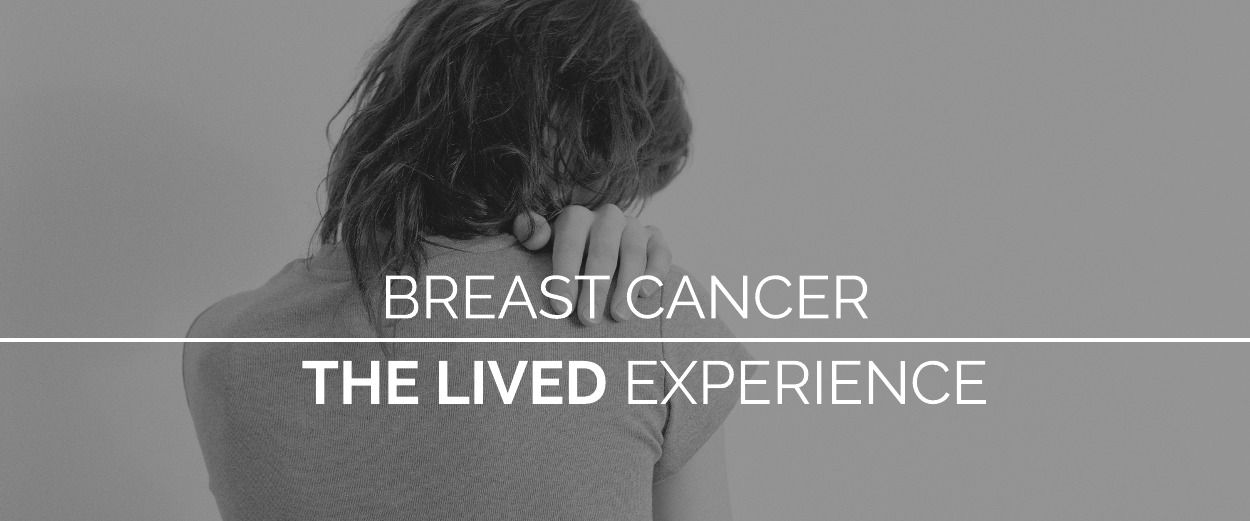No person truly understands what it’s like to be diagnosed with breast cancer until it happens to them. It can be terrifying and overwhelming and can take physical and psychological tolls on a person’s body. 1 in every 8 Canadian women will hear the words “You have breast cancer” in her lifetime and 5,000 Canadians die from metastatic breast cancer each year. That means 26,000+ women every year have to live through surgery, chemo, radiation and side effects like fatigue, depression, chemo brain, and nausea, all while balancing their work and home life. Understanding the lived experience of a diagnosis like this is imperative to improving support for patients, survivors and their families.
That’s why, in 2017, we undertook two surveys of Canadian breast cancer patients to better understand how breast cancer has impacted their lives. We wanted to capture the full experience of being diagnosed with breast cancer and metastatic breast cancer. Understanding all aspects of this disease from women across the country is important for us to better inform our work providing educational resources where they are needed. It also helps us voice these needs to decision makers, health care professionals and community organizations so that patients are being heard and their needs are being addressed.
Our new report “Breast Cancer: The Lived Experience” showcases the needs and experiences of women with early staged breast cancer alongside people living with metastatic breast cancer. There are some shared similarities experienced by both groups, but there are also significant differences in priorities and experiences. This report highlights that while patients feel supported and well cared for in certain aspects, there are still significant opportunities for improvements in other aspects. We identified 5 areas to improve health outcomes and quality of life for Canadians living with breast cancer:
- Improved educational resources including resources for newly diagnosed patients, navigational tools to aid in surgical and financial decision-making, and information on dying-well.
- Increased access to treatments so that women living with metastatic breast cancer don’t have to wait for access to life-saving medicines.
- Increased access to information to help patients better understand their diagnosis and treatment options so they can make informed decisions.
- Integrated systemic supports within the health care system including patient navigation, access to psychosocial professionals and increased Employment Insurance Sickness Benefits.
- Increased awareness and understanding of metastatic breast cancer including accurate statistics to improve feelings of isolation and support.
We hope addressing these gaps will lead to a better quality of life for any person affected by this disease and a better understanding for all Canadians on what it’s like to have breast cancer. Thank you to the hundreds of courageous women who so openly and honestly shared their experiences. You can download the report here.







